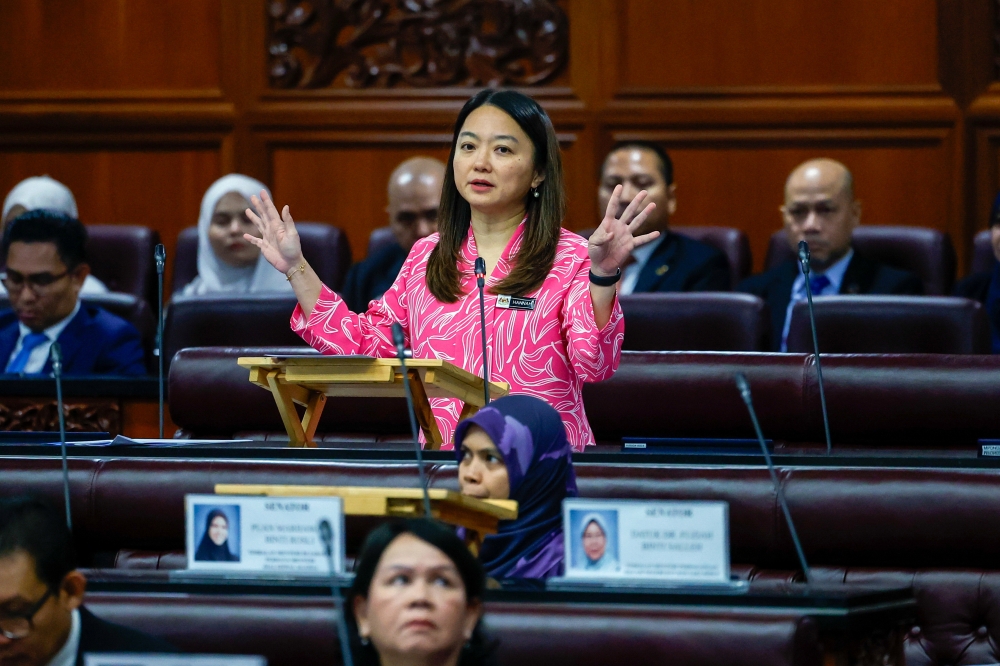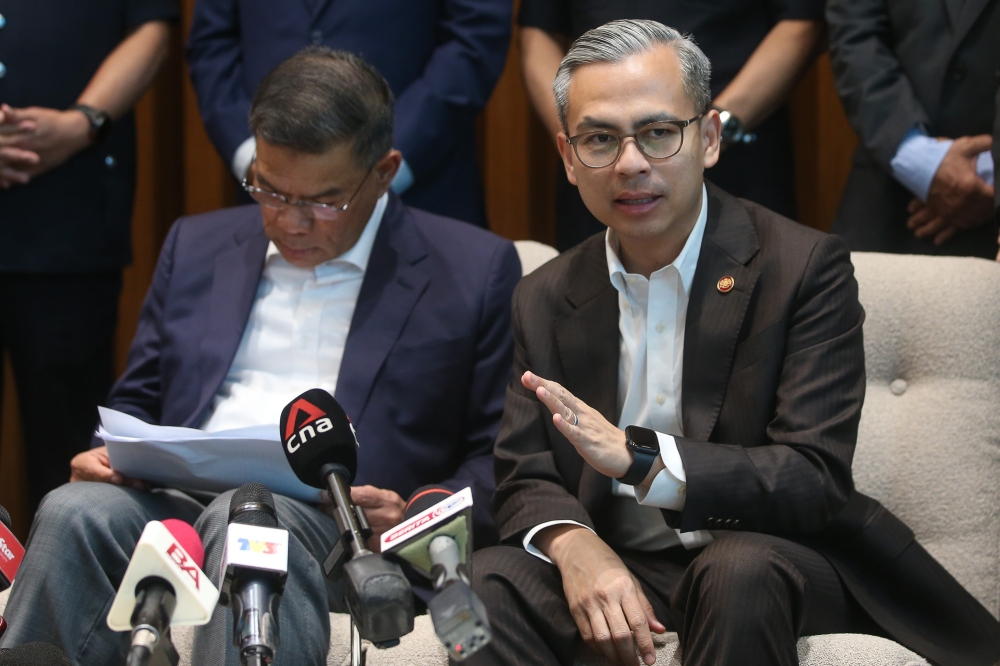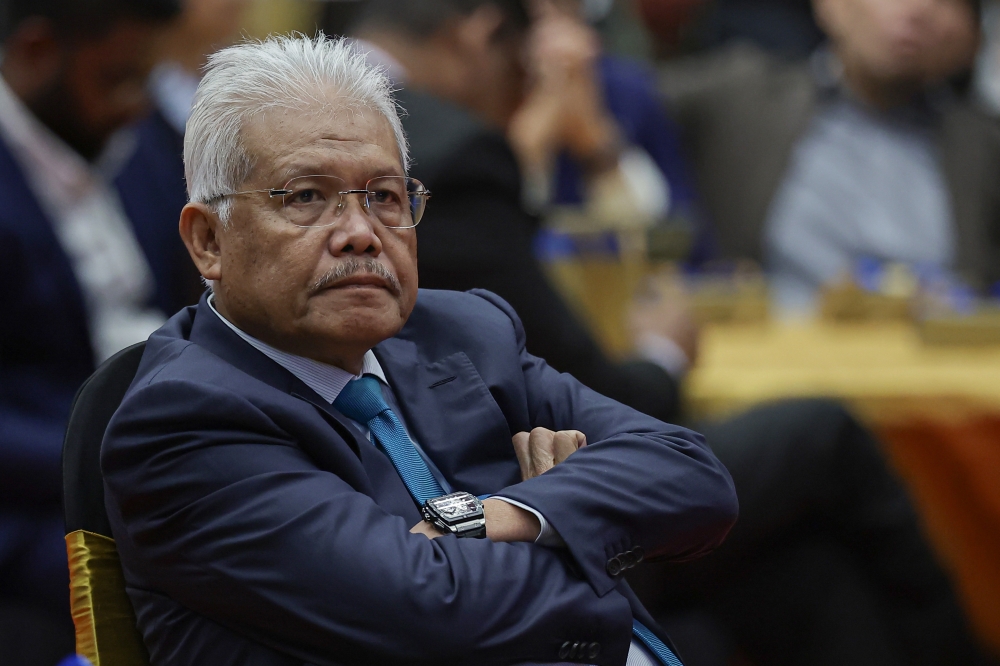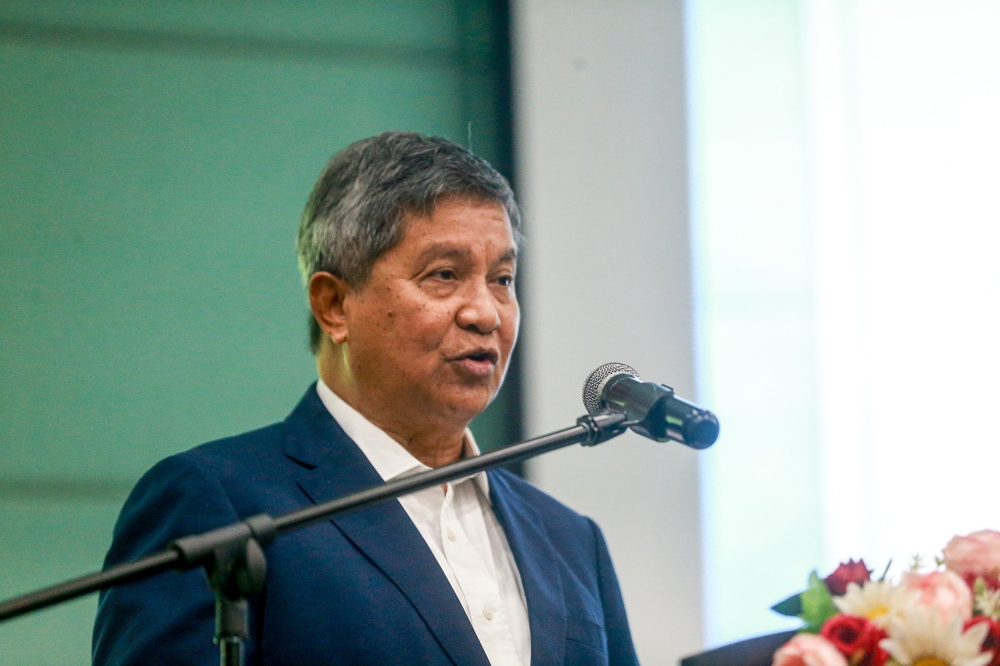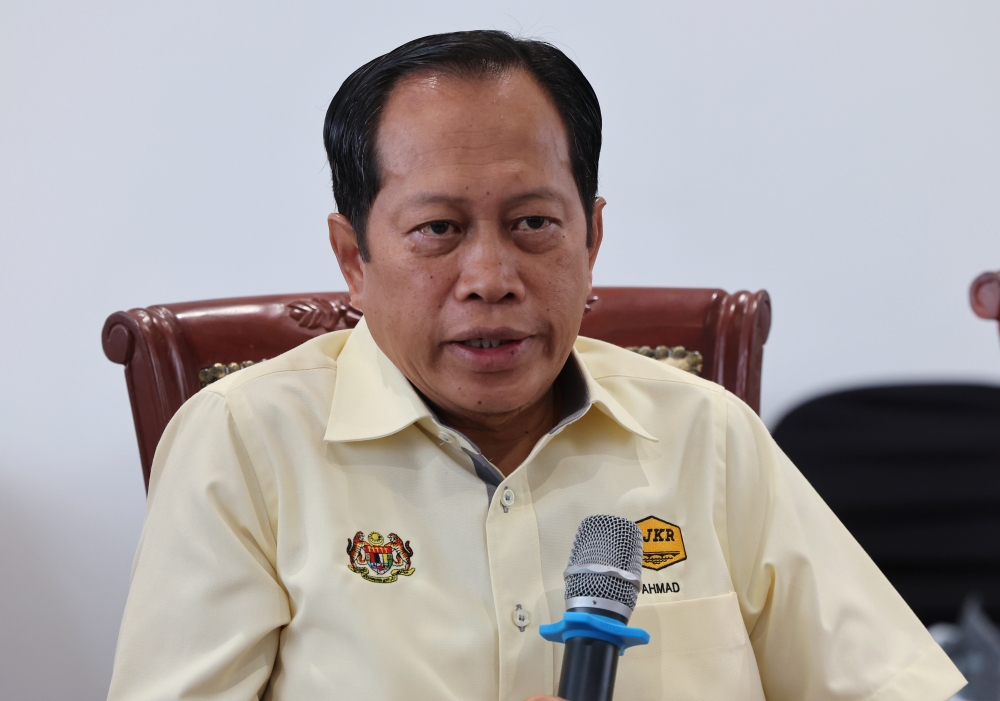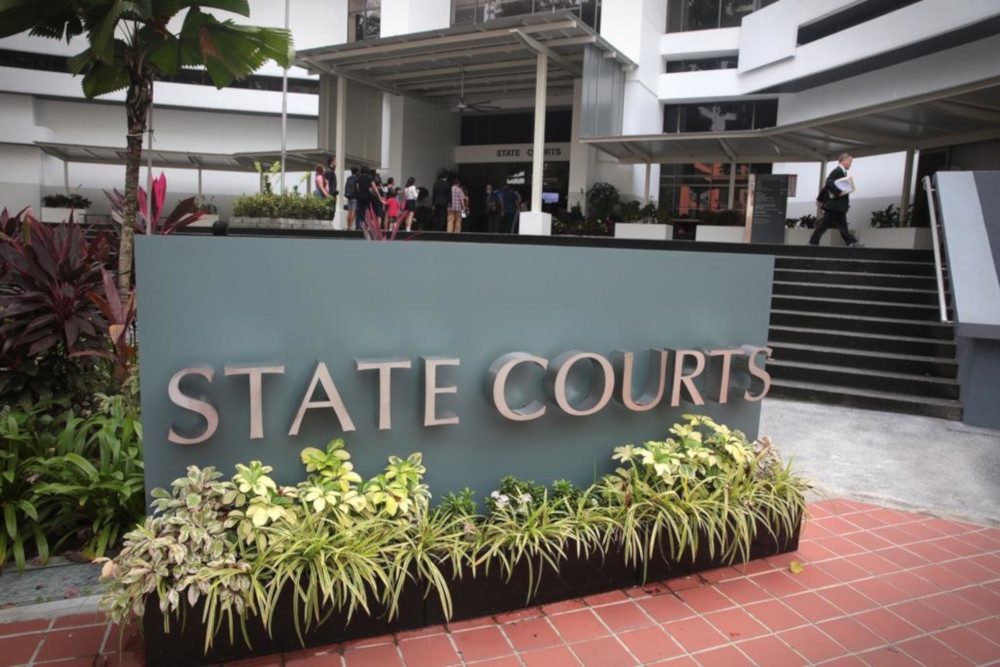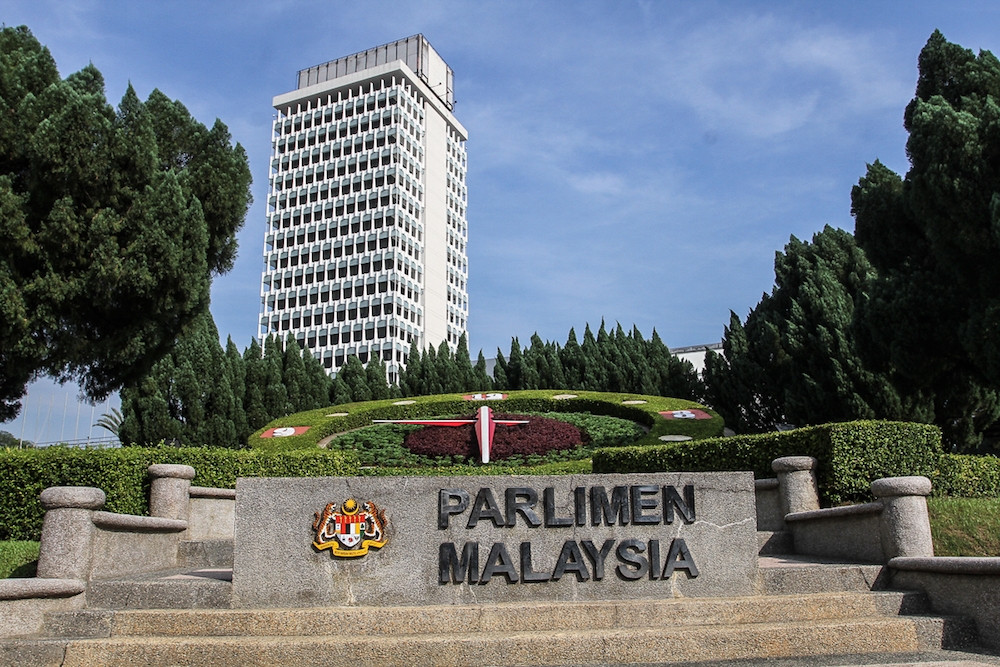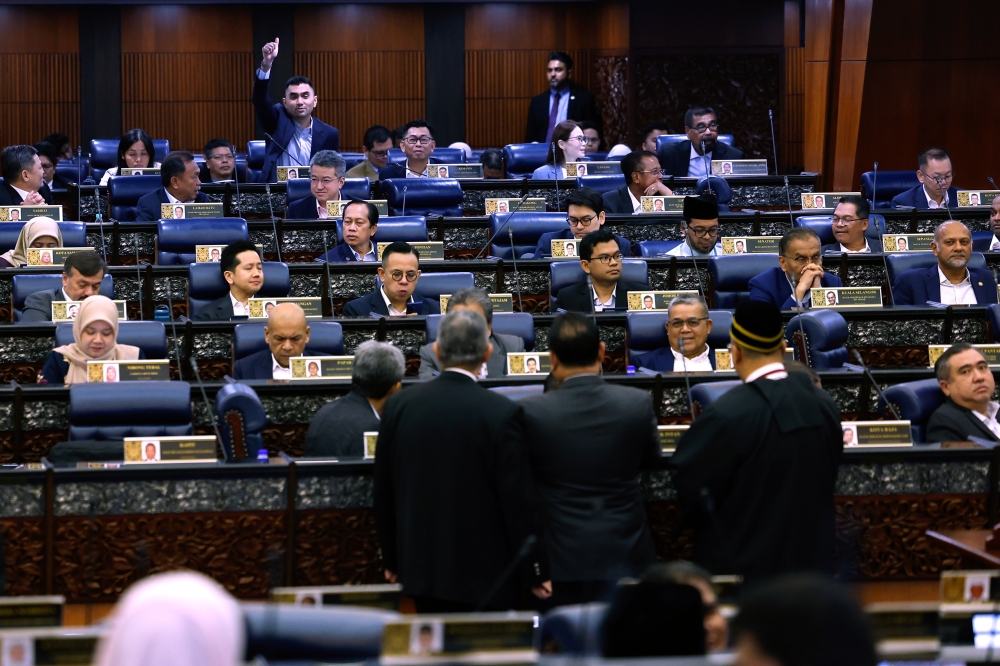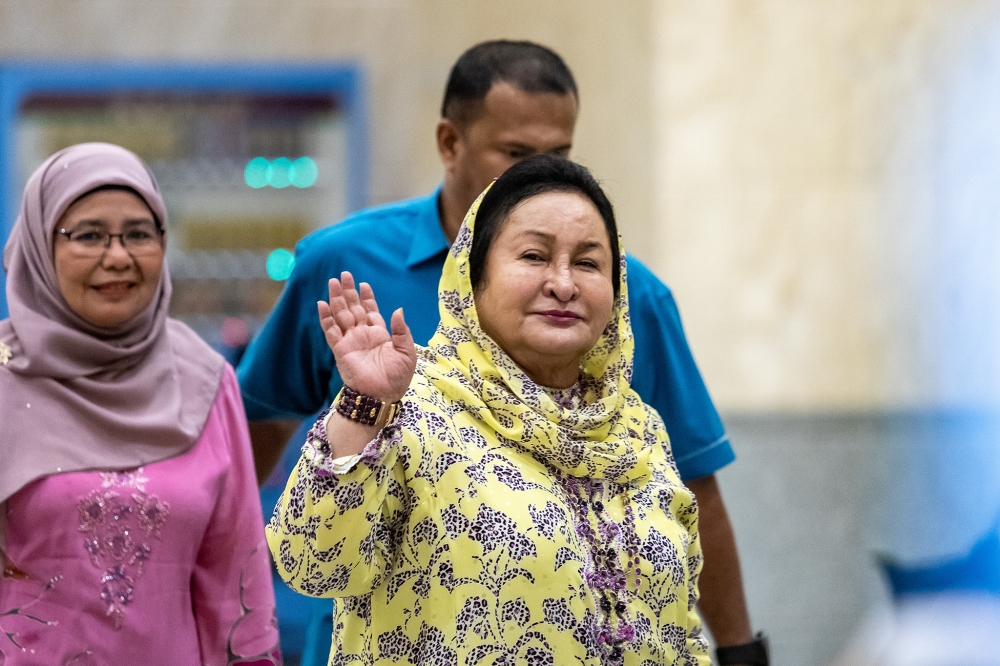KUALA LUMPUR, July 25 — Al Jazeera English’s managing editor Giles Trendle hopes the Malaysian government will drop the case against them for their documentary Locked Up in Malaysia’s Lockdown.
“We are hoping that the criminal investigation is dropped. We don’t believe journalism is a crime. We don’t believe our team has done anything wrong. They produced a report that’s balanced and impartial,” said Trendle in a phone interview yesterday.
“As we said in our statement, we welcome any senior government officials... that invitation remains open. We want to ensure we cover all sides of the story,” he added, referring to the authorities’ refusal to be interviewed for the documentary.
He expressed concern that Malaysia’s brief days of media freedom which came about after Pakatan Harapan (PH) took Putrajaya could be over.
On July 3, the documentary about undocumented migrant workers in the nation’s capital being rounded up by the authorities during the movement control order (MCO) was aired.
Putrajaya claimed that it was not fair coverage but Al Jazeera defended its report.
The police and Attorney General’s Chambers (AGC) believe that the documentary contains seditious elements and Al Jazeera is being investigated under the Sedition Act, the Penal Code and the Communications and Multimedia Act.
Al Jazeera English has also shut down its YouTube comment section for the documentary.
Trendle said they were worried that Putrajaya might take its 101 East team to task for the comments, just like how Malaysiakini and its editor-in-chief Steven Gan are being charged for contempt for their readers’ comments.
“There were a lot of comments over how we had disabled the comments section to our YouTube link. We did that because of the Malaysiakini case.
“We were concerned that the 101 East team might face prosecution for comments left on the YouTube page,” said Trendle.
At the same time, the National Film Development Corporation Malaysia (Finas) had also joined in the fray claiming that Al Jazeera did not apply for a licence to film the documentary, as required under the Finas Act 1981.
In Parliament on July 23, Communications and Multimedia Minister Datuk Saifuddin Abdullah did not reply directly to the queries by Kluang MP (PH) Wong Shu Qi who asked how the Act defines films and whether or not it includes videos posted on social media such as TikTok and Instagram TV.
However, Saifuddin only said that under the Act, the definition of film includes movies, short films, trailers, documentaries and advertisements, which are made for mass consumption.
This led to a massive online backlash, as the public questioned and mocked the minister for the statement and wondered if social media users must apply for a filming licence from Finas before they can upload any videos on social media.
Saifuddin rolled back his statement only a day later and said that the Cabinet is now in the process of amending the Act to become relevant to the times, seeing that the Act was created before the advent of the internet and smartphones.
Commenting on Putrajaya’s U-turn, Trendle noted that it has caused a great debate in the country — reflecting that many Malaysian social media users value free speech and media freedom.
“It’s something fundamental to a well-functioning democracy. I think having a debate and reasserting media freedom and free speech is a good thing.
“Of course, with what has happened with Steven Gan and Malaysiakini, we are also concerned about the climate and not just for Al Jazeera, our own personal issue aside but also the wider, broader climate and crackdown on media and freedom of expression.
“It is a concern. The Finas license issue might make it difficult for Al Jazeera and other media organisations to produce current affairs films that inform society. If enforced, this will affect impartial reports,” said Trendle.


